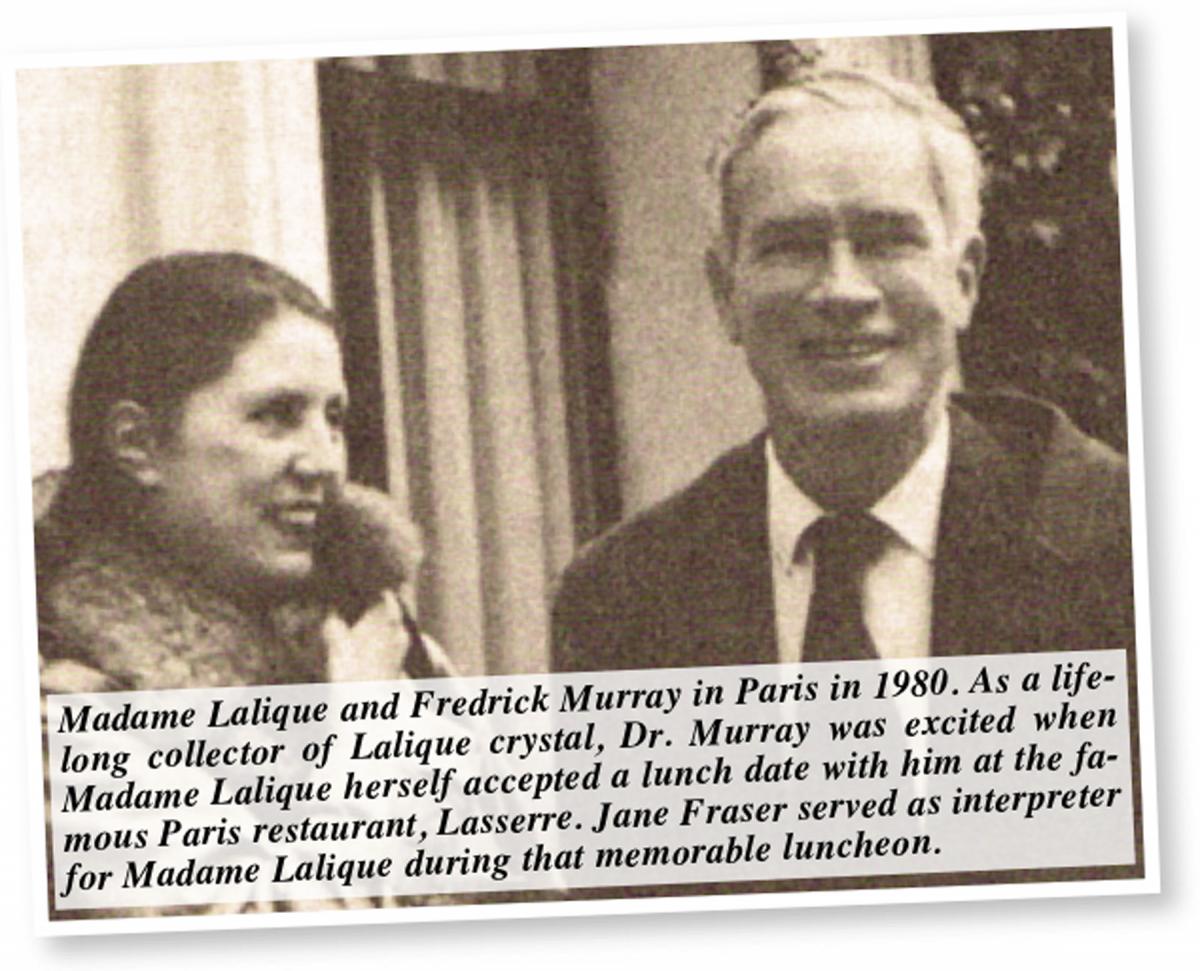 Dr. Frederick Murray, 89, whose stuttering began suddenly and violently at an early age, is a retired speech pathologist who taught at the University of New Hampshire and directed the stuttering therapy program there for many years.
Dr. Frederick Murray, 89, whose stuttering began suddenly and violently at an early age, is a retired speech pathologist who taught at the University of New Hampshire and directed the stuttering therapy program there for many years. He has lectured worldwide in English, Spanish and French on the subject of stuttering. He is also the author of one of the Stuttering Foundation’s most treasured publications — A Stutterer’s Story — first published in 1980 and available in its second addition for a nominal charge from the Foundation’s store.
Dr. Murray’s book is an autobiography of a severe stutterer, now adequately fluent, who, having attained fragile fluency several times, tried to assemble the pieces of wreckage following each relapse and to construct something substantial and lasting from each.
According to the author, this called for searching and self-inquiry. Some of these quests led toward better organized and more helpful types of therapy. Others led inward in a scrutinization for more self-knowledge.
“The first thing everyone notices about A Stutterer’s Story is how beautifully written it is,” said Stuttering Foundation President Jane Fraser. “Fred has the gift of bringing great understanding to his readers through his prose.”
Fraser first met Dr. Murray in 1980, when he was presenting to the stuttering community in France. “I met Fred in Paris some 35 years ago, and since that time, his seminal book has opened up the door of understanding stuttering for thousands of readers,” added Fraser.
Fraser also said Dr. Murray had the benefit of phenomenal memory, vividly recalling the lectures and work of many of the pioneers in stuttering therapy, including Charles Van Riper, Joseph Sheehan, Wendell Johnson, Dean Williams, Lee Travis, Bryng Bryngelson and others.
Dr. Murray might best be remembered for his courage to tackle the issue of relapse from stuttering treatment.
Fluency of speech, so easy to achieve under carefully contrived conditions, often collapses like a house of cards when the stutterer interacts in daily life situations involving communicative pressure.
“A Stutterer’s Story has had a profound impact on many readers, my mother among them,” said Fraser. “Although she lived side by side with my father, who often stuttered severely, I recall her telling me that it was Fred’s book that truly made her understand the plight her husband Malcolm faced each day of his life. I always thought that was the best review anyone could give a book about stuttering.”
Dr. Murray’s preface reveals his clear intention for writing the book: “The message herein is one of hope and encouragement, provided that the stutterer is ready to give up his entrenched illusion of the nonexistent ‘perfect cure’ and to begin to assemble, within himself, that which is needed in order to manage effectively what heretofore has overwhelmed him. Such sincere efforts will, of themselves, kindle and maintain the flame of human spirit, for without it, nothing worthwhile can be accomplished.”
Frederick Murray’s book, A Stutterers’s Story, is in its second edition.
An interview with Dr. Fred Murray can be seen on the Stuttering Foundation’s YouTube Channel, www.Youtube.com/StutteringFdn
From the Summer 2015 Newsletter






 Podcast
Podcast Sign Up
Sign Up Virtual Learning
Virtual Learning Online CEUs
Online CEUs Streaming Video Library
Streaming Video Library